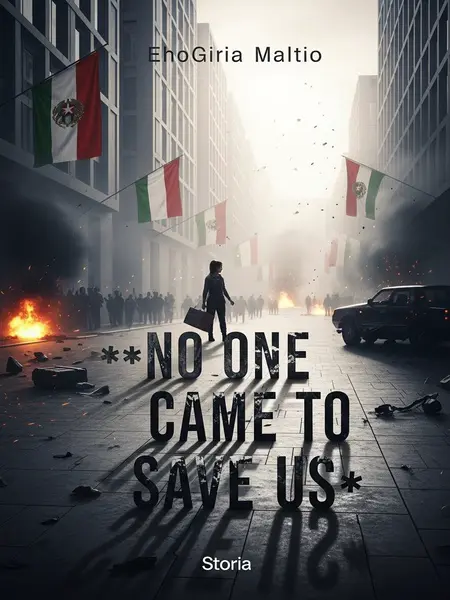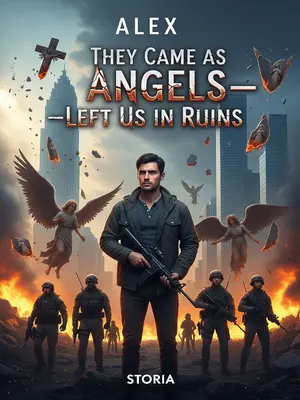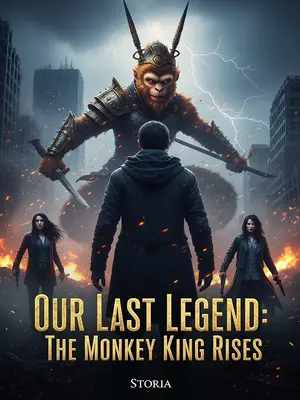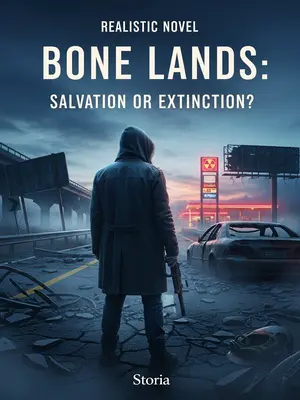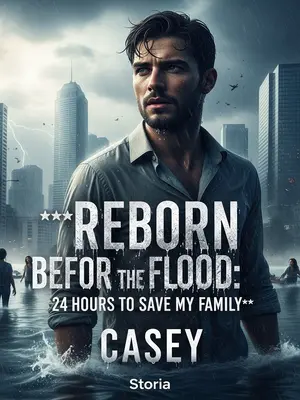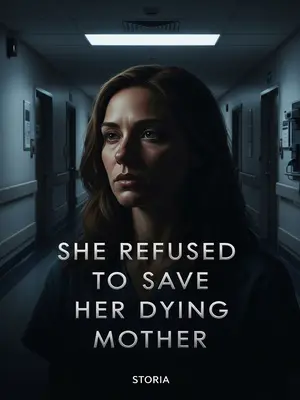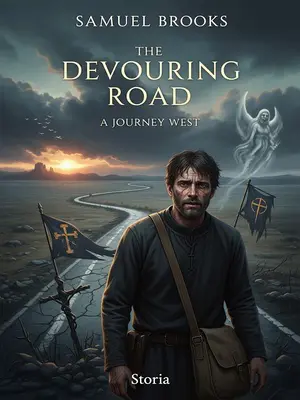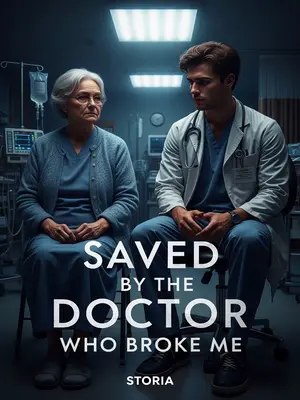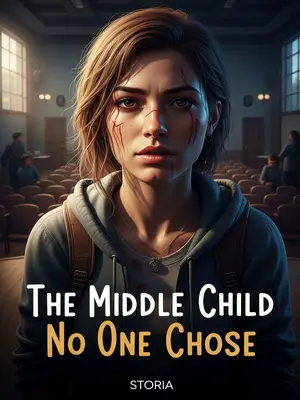Chapter 3: The Iron Lady’s Choice
At the time, Israel’s Prime Minister was Golda Meir, known as the world’s original Iron Lady and one of Israel’s founding elders.
In the States, her steely photo was splashed across the front pages. To Americans, Meir looked like the tough grandmothers they knew—wise, unflinching, not afraid to speak her mind. The nickname stuck, and comparisons to American icons like Eleanor Roosevelt were soon drawn.
Long before Britain’s Margaret Thatcher, Meir was internationally renowned for her steely resolve.
Pundits described her as no-nonsense, someone who wouldn’t blink in the face of a threat. It was the kind of leadership Americans admired, even if they disagreed with her choices. Her legend grew with every newscast.
Faced with an impossible choice, she stuck to her usual hard line.
The gravity of the decision weighed heavily. In smoky back rooms and government offices across America, officials debated what they would do in her place. The world watched, waiting for a sign of mercy—or defiance.
She declared, "If we compromise, Jews everywhere will never be safe again."
The statement echoed on American airwaves, stirring pride and sorrow. Many nodded in grim agreement, while others questioned if any cause was worth such a price. It was the kind of moral dilemma that would be debated in college classrooms and dinner tables for years.
She proposed sending an Israeli special operations team to West Germany to assist with the rescue, as they had extensive counter-terrorism experience.
The Israeli team had a reputation akin to America’s own elite forces—Green Berets, Navy SEALs, folks who didn’t mess around. Their offer was practical, even desperate, and many in the States wondered why anyone would turn them down.
But West Germany, which had no experience with terrorism, refused Israel’s offer, citing their own laws.
It struck many Americans as bureaucratic nonsense, the kind of red tape that gets people killed. Editorials blasted the decision, and armchair quarterbacks across the country shook their heads in frustration.
Instead, West Germany set up an emergency command center, with top officials personally overseeing operations.
The image of a war room, full of suits and maps, made for good television. But the lack of coordination was clear to anyone paying attention. The sense that no one really knew what they were doing was palpable, and deeply unsettling.
Meanwhile, the news spread worldwide. The Olympics suspended all events. Reporters flooded in, overwhelming security and turning the scene into utter chaos.
The global news machine swung into overdrive. Camera crews jostled for position, journalists shouted questions, and every move was broadcast live. For the first time, a terror attack was unfolding in real-time, beamed into millions of homes from Detroit to Dallas.
With no better solution, West Germany resorted to stalling for time with various excuses.
Negotiators made empty promises, promising a solution just around the corner. The waiting game frustrated everyone. In American living rooms, people muttered, "They’re just buying time—they got nothing."
The terrorists, knowing things wouldn’t be resolved easily, repeatedly extended their deadlines.
It became a grim dance—deadline, extension, threat, repeat. The world was caught in a loop, desperate for a miracle that never came. The suspense was almost unbearable, and every minute felt like an hour.
During this time, West Germany tried every trick—negotiating, threatening, pleading—but nothing worked.
From the outside, it looked like chaos. Negotiators changed their story, made wild promises, and tried every tactic in the book. Americans, famous for their can-do spirit, watched in frustration, convinced they could have done it better.
The terrorists had already accepted they wouldn’t leave alive. Their leader, Issa, even said, "No matter what, many Israelis will die with me."
His words chilled the air. It was the voice of a man with nothing left to lose. In the U.S., psychologists were brought onto talk shows to analyze the terror leader’s mindset, trying to make sense of the senseless.
By 4:30 p.m., negotiations had broken down, and the West German police prepared to act.
The switch from talk to action was sudden. Police officers, some barely out of academy training, were handed weapons and a job they weren’t prepared for. It was a recipe for disaster, and everyone watching sensed it.
A team of 38 police officers, disguised in sportswear and armed with submachine guns, attempted to sneak in through the rooftop ventilation ducts.
The plan sounded like something out of a heist movie—amateurs playing at being commandos. They pulled on tracksuits, hoping no one would notice the guns beneath their jackets. In American homes, dads joked about the Keystone Cops, but the laughter had a bitter edge.
But, embarrassingly, their every move was broadcast live by the swarm of reporters outside.
Cameras followed every step, and the whole world saw the rescue attempt unfold in real-time. The terrorists, watching the same TV as everyone else, saw the police coming before they even made it to the roof. It was security theater at its worst.
The terrorists simply watched the police maneuvering on the apartment’s television.
The absurdity of it all would be hard to believe if it weren’t true. It was as if the world’s most-watched reality show had turned deadly, and no one could find the off switch.
It was both laughable and tragic.
The contradiction was almost too much to bear—comedy and catastrophe, hope and horror, all tangled together. For many Americans, it was the moment they realized the world had changed for good.
The operation was aborted. Around 5 p.m., Issa made a new demand: within two hours, provide two helicopters to take the hostages to a passenger plane, and then fly to Cairo, Egypt.
The new demand sent planners scrambling. The idea of terrorists flying out of Munich with their hostages was unthinkable. The request was both a logistical nightmare and a political time bomb.
After confirming the hostages’ safety, West Germany contacted Egypt—but of course, Egypt refused; what country would welcome terrorists?
The refusal was swift, and entirely predictable. No one wanted to be the next stage for this tragedy. It was a dead end, and everyone knew it.
With no options left, West Germany pretended to agree to the terrorists’ demands, but secretly planned to resolve the crisis at once—they were determined not to let the plane leave Munich.
The plan was a gamble—pretend to play along, set a trap at the airfield. The decision reeked of desperation, and everyone watching knew it.
This was, in effect, an admission that they had given up on the hostages.
The cold truth settled in. The mission was no longer about saving lives, but about saving face. In the U.S., columnists wrote scathing editorials about the value of human life and the cost of indecision.
The police devised several plans, such as sniping the terrorists on the way to the helicopters.
Every plan sounded more harebrained than the last. The snipers were rushed into place, barely briefed. The hope of a clean rescue faded with every new detail.
But the terrorists were highly vigilant, insisting on inspecting the area first. Upon discovering suspicious activity, the panicked police even shouted to the snipers in hiding, "This is just a drill, don’t shoot!"
The moment passed into legend—a blunder so colossal it would be replayed for decades in training seminars and cop shows. It was the final nail in the coffin of hope.
That completely extinguished the hostages’ last hope of survival.
For the families watching at home, it was agony. Every parent, every spouse, every friend felt the finality of that moment. The world was powerless to help.
The command center later admitted that, by then, they knew the mission was doomed and hostage casualties were unavoidable.
The admission was cold comfort. Accountability was demanded, but no one seemed to know where to place the blame. For many, it was the moment faith in institutions faltered.
With so many people and so much at stake in the Olympic Village, the police decided to move the confrontation to the air force base, where the terrorists would transfer to the plane.
The transfer was a logistical nightmare, but at least it moved the danger away from the crowded village. In homes across America, people sat on the edge of their couches, willing a miracle that never came.
At 10 p.m., helicopters carrying the hostages and terrorists flew to the air force base.
The choppers lifted off, engines rumbling in the night. It was a scene out of a war movie, but this was no Hollywood set. The darkness outside seemed to swallow hope.
On standby in the passenger plane were 16 "crew members"—actually police officers in disguise, waiting to act.
The officers wore hastily borrowed uniforms, nerves stretched thin. They huddled in the galley, whispering final prayers, clutching weapons they barely knew how to use. Every American cop watching knew the feeling—being in over your head and hoping training would kick in.
However, these "crew" had not been briefed beforehand. Realizing the risk, they took a secret vote and decided to withdraw from the operation.
The lack of coordination was staggering. The officers, recognizing a suicide mission when they saw one, quietly slipped out, leaving the plane empty. It was a decision that would haunt many for years.
Their reasoning was simple: it was a suicide mission.
Nobody wanted to be a martyr for someone else’s mistake. In police locker rooms back in the States, the story became a cautionary tale about the limits of duty and the need for clear leadership.
First, they didn’t even have proper flight attendant uniforms, making them easy to spot; second, once they opened fire, all the outside firepower would come pouring in, dooming everyone on the plane.
It was a recipe for disaster. The plan’s flaws were obvious to anyone with sense. In hindsight, it was almost unbelievable how poorly prepared everyone was.
Given there was no way out, who would volunteer to die?
The silence in that moment spoke volumes. Self-preservation won out over blind heroics, and no one could blame them for it.
